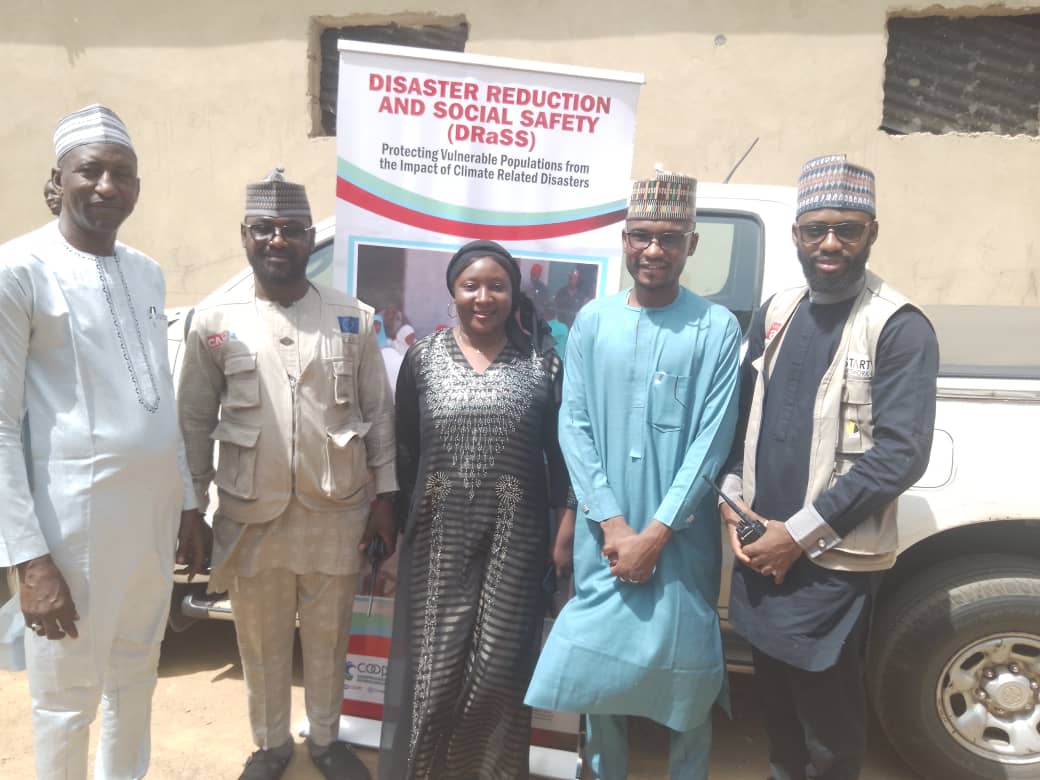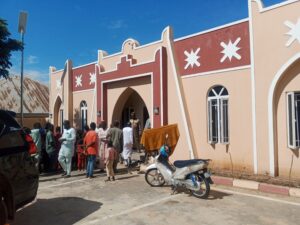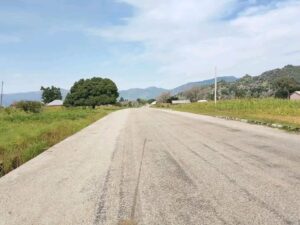
By Mu’azu Abubakar Albarkawa, Kaduna
As NIMET released it’s Annual Climate Prediction and Flood Outlook for 2023, a Non Governmental Organization, COOPI has embarked on sensitization of rural communities on measures to mitigate anticipated flood in some parts of the country.
Christian Aid (CA) and Cooperazione Internazionale (COOPI) in a project tagged “DRaSS” (Disaster Risk and Social Safety focused heavily on preparedness and mitigation of flooding disasters in both Kaduna and Sokoto states.
The Team Leader, Chinedu Nwakor who visited Wucicciri and Magume communities in Zaria local government area of Kaduna state, said the effort was to encourage communities in taking measures to safe guard them against the anticipated natural disaster.
“You could recall that during last year’s raining season, some parts of the country was engulfed in serious natural disaster especially flood.
“That has heavily affected the socio-economic status of many Nigerians particularly farmers whose farms were washed away.
“It is therefore imperative to start preparing ourselves against recurrance by taking measures that could avert the predicted disaster.” He said.
Nwakor cautioned communities to commence emergency responses by clearing water ways and passages, create adequate drainages and stop cultivating river banks in order to expand the scope of farmlands.
He said the organization is working in 12 communities, six each in Kaduna and Sokoto states.
“In kaduna state we are working in Wucicciri and Magume communities of Zaria local government area while Zepack, Kafanchan, Bonding and Biniki were in Southern part of Kaduna.
“We are similarly stepping down the sensitization in Gobirawa,Aliyu Jodi, Goronyo, Kwakwazo, Rara, and Gandi areas of Sokoto states.
Nwakor explained that community support, community disaster management platforms, local emergency management committees and representatives from the project communities are all integrated into group discussion.
“This is to step down the preparedness action points for subsequent sensitization on the flood preparedness and mitigation at the community level.” He explained.
In their separate response, members of Wucicciri and Magume communities pledged to work closely with the team to avert future recurrance of the flood disaster in their localities.
They urged the organization to prevail on government to assist in controlling erosion and desertification that were identified as factors causing flood.


